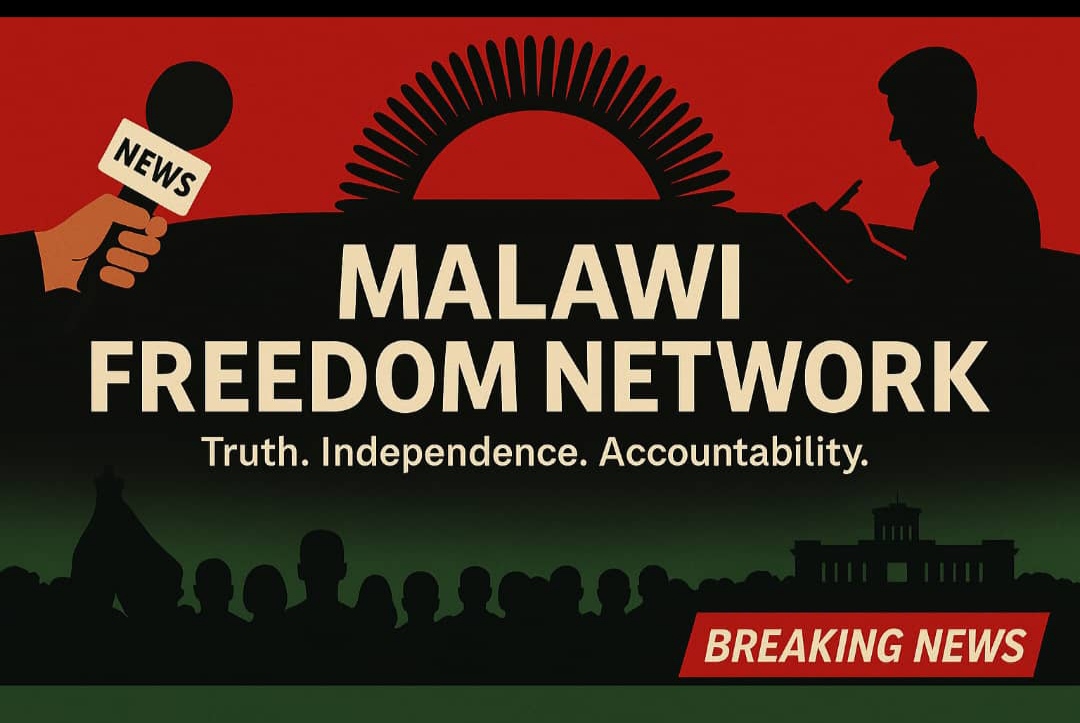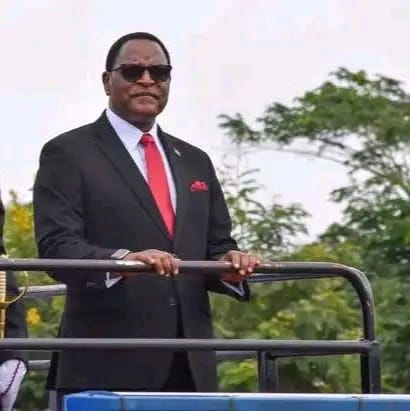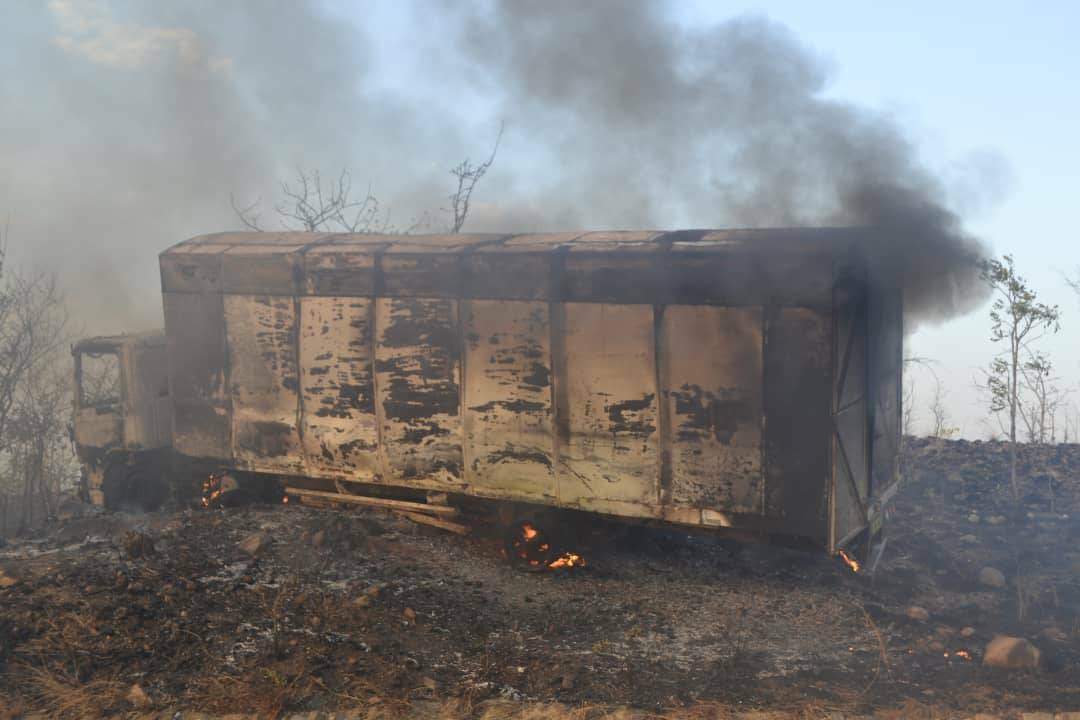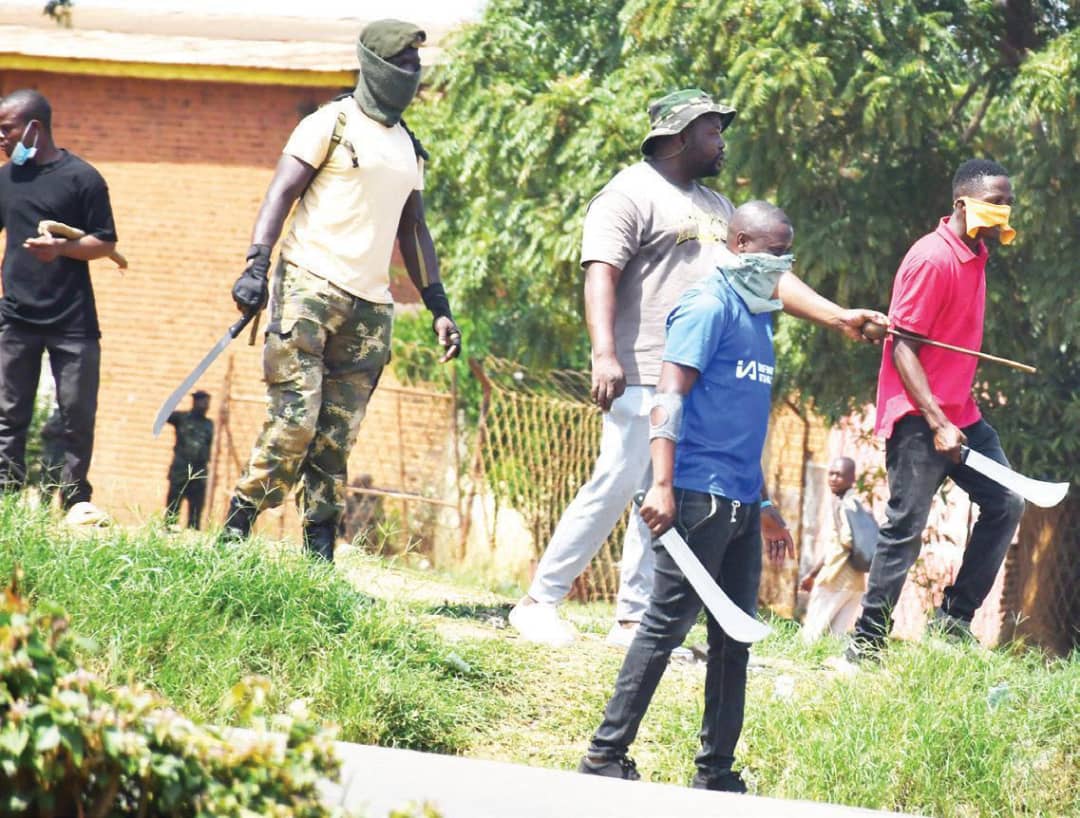By Burnett Munthali
The second week of July 2025 was marked by a mixture of symbolic diplomacy, growing public skepticism, and deepening civic reflection, as reported by the Malawi Freedom Network.
On 6th July 2025, Lilongwe hosted a high-profile event honoring Botswana’s President Mokgweetsi Masisi with the symbolic title of “Freedom of the City.”
The conferment took place at the Lilongwe Civic Offices and was widely viewed as a gesture of diplomatic friendship between Malawi and Botswana.
The ceremony added a celebratory tone to Malawi’s 61st Independence Day commemorations while signaling deeper regional solidarity.
However, beneath the surface of these public ceremonies, the political temperature in the country continued to rise.
One of the most prominent topics throughout the week was continued public and media scrutiny over the government’s handling of the Commission of Inquiry into the tragic Chikangawa plane crash.
The Malawi Freedom Network has been vocal in questioning the transparency, timing, and intent behind the current inquiry, suggesting that it may be a political tool designed to stall accountability ahead of the September 2025 elections.
Analysts and civil society groups have raised concerns that the commission lacks independence and could be used to shield top officials from full responsibility.
The network also highlighted rising fears of information suppression and institutional erosion as citizens demand more openness from their leaders.
In the digital arena, Malawi continues to struggle with restricted internet freedom and a climate of self-censorship, especially among journalists and online activists.
Although no new legislation was introduced during the week, advocacy groups have sounded alarms over the government’s growing use of invasive surveillance technologies, including software like Cellebrite.
These tools, often used without public oversight, have raised fresh concerns about data privacy violations and threats to civil liberties.
Meanwhile, with general elections just two months away, election preparedness dominated political discussions throughout the week.
The Malawi Freedom Network stressed the urgency of ensuring a credible electoral process that is free from manipulation, coercion, or undue influence from state institutions.
Calls were renewed for independent electoral monitoring and meaningful civic engagement, as many fear that unresolved national issues—like the Chikangawa crash and unanswered corruption allegations—could undermine voter confidence.
As July pressed on, it became clear that Malawi’s political landscape remains tense, with citizens demanding truth, justice, and real reform in the face of growing political fatigue.
From symbolic state visits to suspicions surrounding state commissions, the week was a powerful reflection of Malawi’s ongoing struggle to balance ceremony with accountability and rhetoric with results.
The Malawi Freedom Network remains committed to raising critical questions and keeping the nation informed in the lead-up to what could be a defining electoral season.




